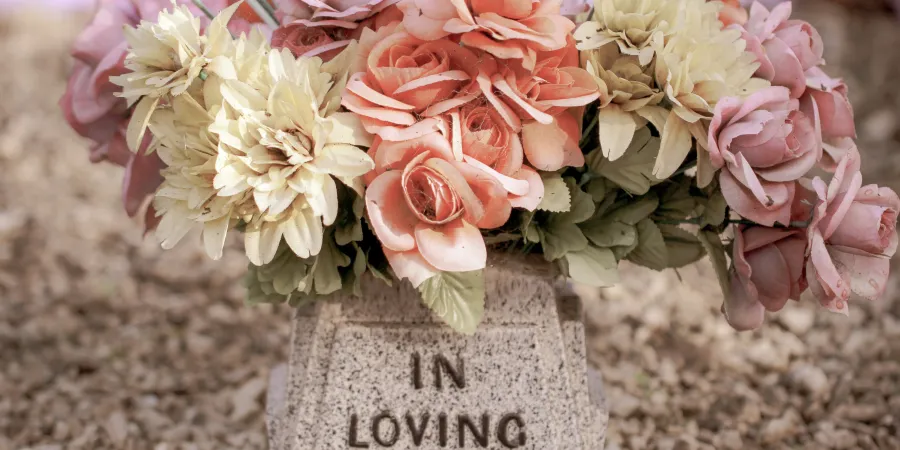An Overview of Cremation Laws in Maryland
Maryland's cremation laws are relatively straightforward. They're also relatively unrestricted in most cases. The law says nothing about how cremated remains can be kept or scattered, though the Maryland Department of Health and Hygiene does urge people living in the state to be responsible with any in their possession.
This means most options are available to you when it comes to memorialization. When it comes to a cemetery, cremated remains can be laid to rest in a crypt or cremation niche, they can be buried at a grave site, or they can be safely scattered in designated areas cemeteries have for exactly this purposes, known as a scattering garden. Any of these options allow mourners to grieve, remember, and reflect in the peaceful scenery of a well-maintained cemetery.
If you are considering an option outside of a cemetery, Maryland does allow for ashes to be scattered on your own private property. The state's cremation laws state you should not scatter on the property of others without first seeking permission from the landowner. Otherwise, there are no significant state-wide laws to this effect.
Of course, there are some faith-based rules that may need to be followed. Most religions treat memorialization differently, and there may be specific requires based on a certain faith, such as Catholicism preferring that cremated remains be placed within a casket and buried in the ground.

Other Maryland Cremation Laws
As demonstrated above, Maryland cremation laws do not place many limitations on how you choose to scatter the remains of loved ones. Instead, federal laws are the ones that tend to be most applicable, but these laws are nationwide and not specifically related to Maryland. The only local laws that may need to be observed are those for specific cities and counties, if any, and for seeking consent from private property owners to avoid trespassing charges.
It can certainly feel intimidating to determine if laws not stated here apply to you. For that reason, we recommend reaching out to a memorial planning expert at a local cemetery. You can explore a list of Maryland-based cemeteries to find one that can help you.
References:
Keene, V. A. (2019c, July 22). Burial and Cremation Laws in Maryland. Www.Nolo.Com.
https://www.nolo.com/legal-encyclopedia/burial-cremation-laws-maryland.html
Learn More About Cremation

What is the Cremation Process?
Cremation is an increasingly popular form of memorialization. But many still would like to know more about the cremation process and how a body is cremated. Read on to learn about the process of cremating a body and why so many are choosing cremation these days.

The Benefits of Cremation Pre-planning
As we move through life, we learn about the different ways to protect our future. Retirement planning, health insurance, planning for a child’s education, or even saving up for the down-payment on a house are just some of the types of arrangements we make to ensure our needs and desires are met. Another type of planning that makes sense for families is cremation pre-planning.

Creative Ideas for What to Do with Cremated Remains
When it comes to honoring and commemorating those we've lost, there is truly no end of ways to do so. As cremation becomes an increasingly popular option for final arrangements, the possibilities for creativity have grown even further. There are many inventive ideas for what to do with cremated remains than simply placing them in an urn or spreading them somewhere in nature. Here are several creative things to do with cremated ashes.
